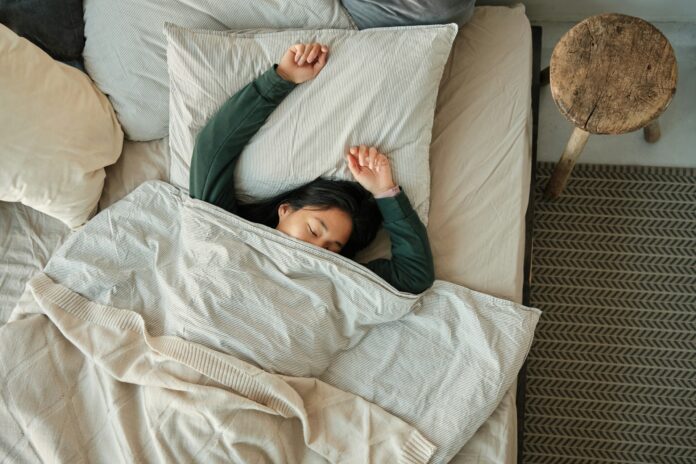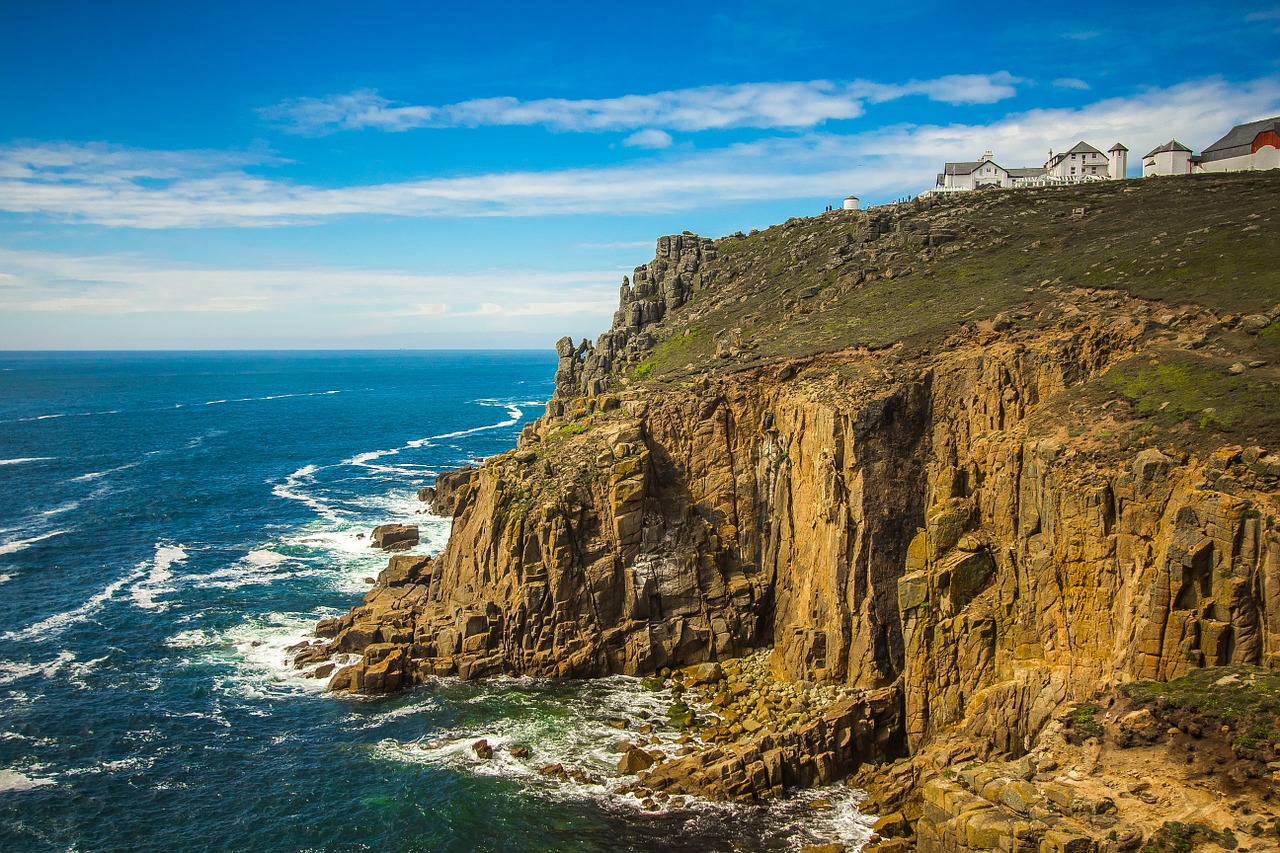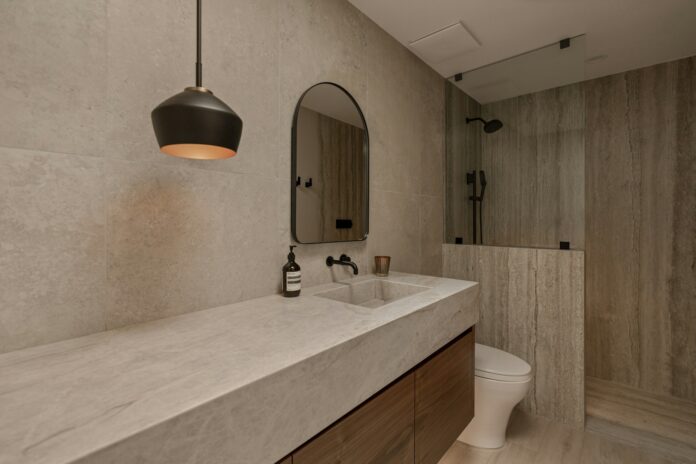The concept of living ‘off-grid’ has captured the imagination of many, conjuring images of a self-sufficient lifestyle that escapes the hellish hustle of modern life, free from the clutches of utility companies and, well, everyday responsibilities. But is this idyllic vision truly attainable in the UK, with its dense population and strict planning laws?
The answer is a tentative yes, and there are already intrepid Brits who are proving it’s not only possible but also profoundly rewarding.
The Feasibility Of Off-Grid Living In The UK
Firstly, it’s essential to point out that living off-grid means different things to different people, but at its core, it involves disconnecting from public utilities and creating a self-sustaining home.
In the UK, this can be challenging due to the climate, legalities, and the need for land. However, with advances in technology, a growing community of off-gridders, and a shift in societal values towards sustainability, the barriers are slowly being dismantled.
Legal Considerations
One of the biggest hurdles for off-grid living in the UK is navigating the planning permission process. The law requires that any residential dwelling has the right permissions, which can be tricky for non-traditional homes.
However, policies such as the One Planet Development in Wales are beginning to acknowledge and accommodate off-grid living.
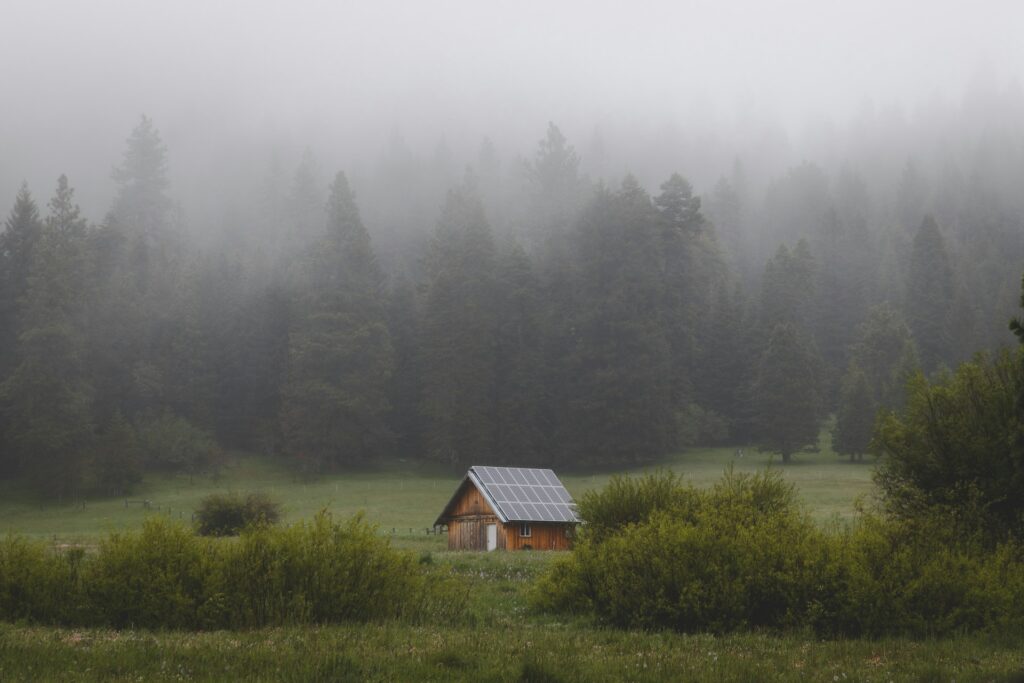
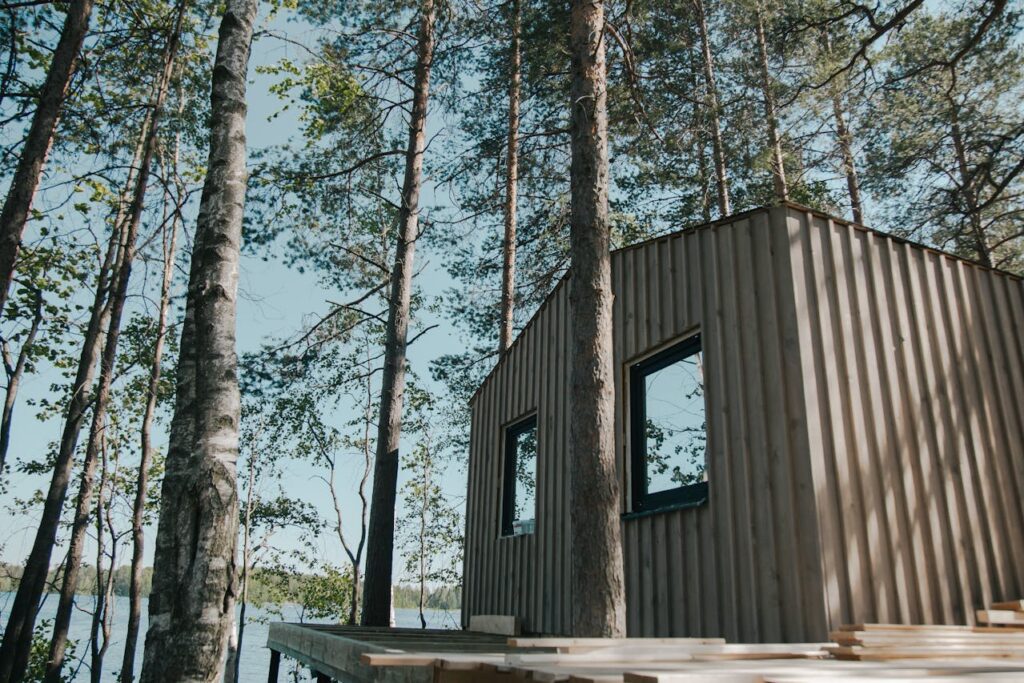
Energy & Heating Considerations
A crucial aspect of off-grid living that many British homesteaders grapple with is heating their homes through the notoriously damp winters. While renewable energy can power electrical appliances, heating often requires a more robust solution. Oil tanks for home heating remain a common choice among off-grid communities, particularly in areas where natural gas connections aren’t available. These storage tanks need to be carefully positioned away from water sources and require regular maintenance and refilling by approved suppliers.
However, many off-gridders are moving towards hybrid systems that combine traditional heating methods with renewable alternatives. A well-designed setup might include a combination of oil heating for the coldest months, supplemented by wood-burning stoves, solar thermal panels for hot water, and excellent insulation to minimise overall energy consumption. Some pioneering households have even implemented ground source heat pumps, though these require significant initial investment and suitable land conditions.
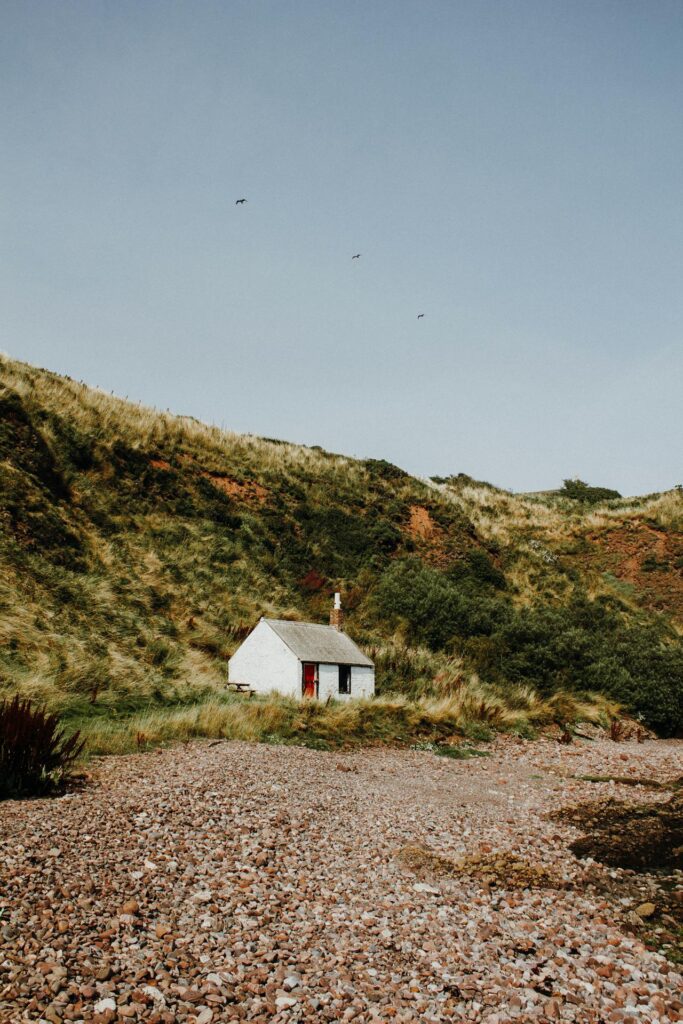

The key is to develop a heating strategy that’s both reliable and sustainable. This might mean storing several months’ worth of fuel, whether that’s heating oil, wood, or other materials, and having backup systems in place for extreme weather conditions. It’s worth noting that proper insulation and thoughtful house design can dramatically reduce heating requirements, making the goal of sustainable warmth more achievable.
Technological Advances
Renewable energy technology has made leaps and bounds, making it more accessible and efficient. Solar panels, wind turbines, and rainwater harvesting systems are now more affordable and reliable, even in the less sunny British climate.
Practicalities Of Off-Grid Living In The UK
Transitioning to an off-grid lifestyle in the UK involves a myriad of practical considerations that extend beyond energy independence and housing. Healthcare, as mentioned, is paramount, and ensuring you have access to a GP within a reasonable distance is essential for both emergency and routine medical needs.
In terms of communication, an online PO box can serve as a flexible but stable mailing address. However, for those who require consistent internet access, whether for work or personal reasons, exploring satellite broadband or mobile data options is necessary, as traditional broadband services may not reach remote off-grid locations.
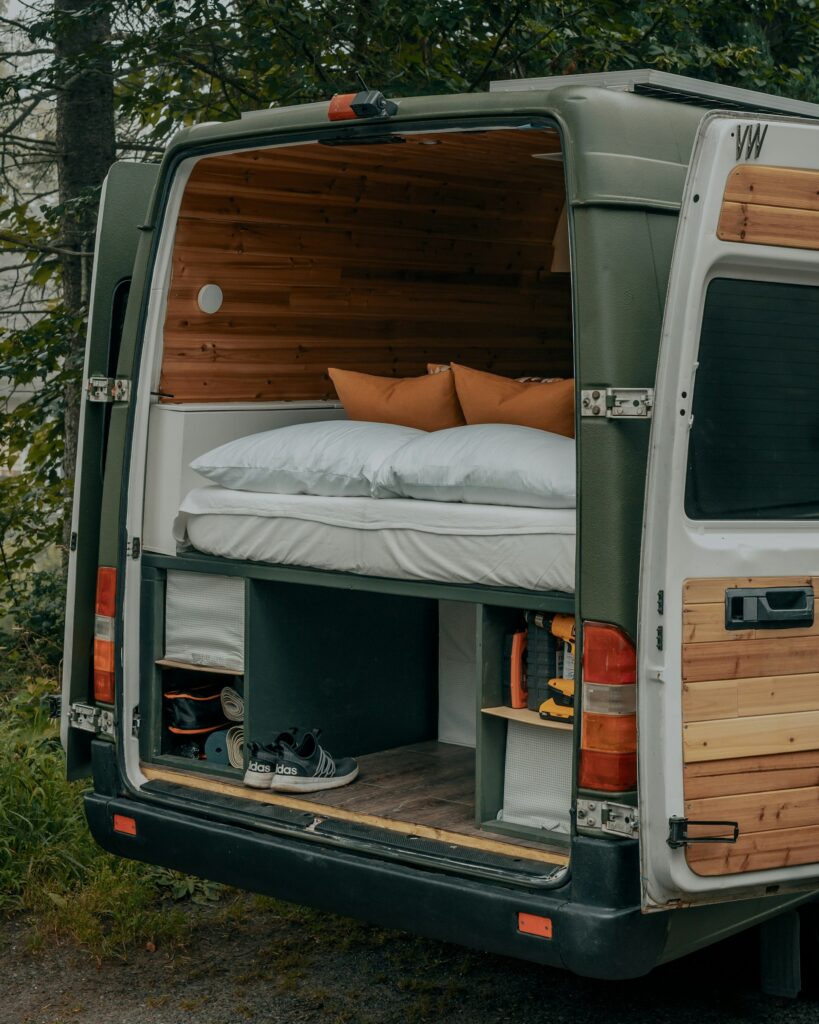
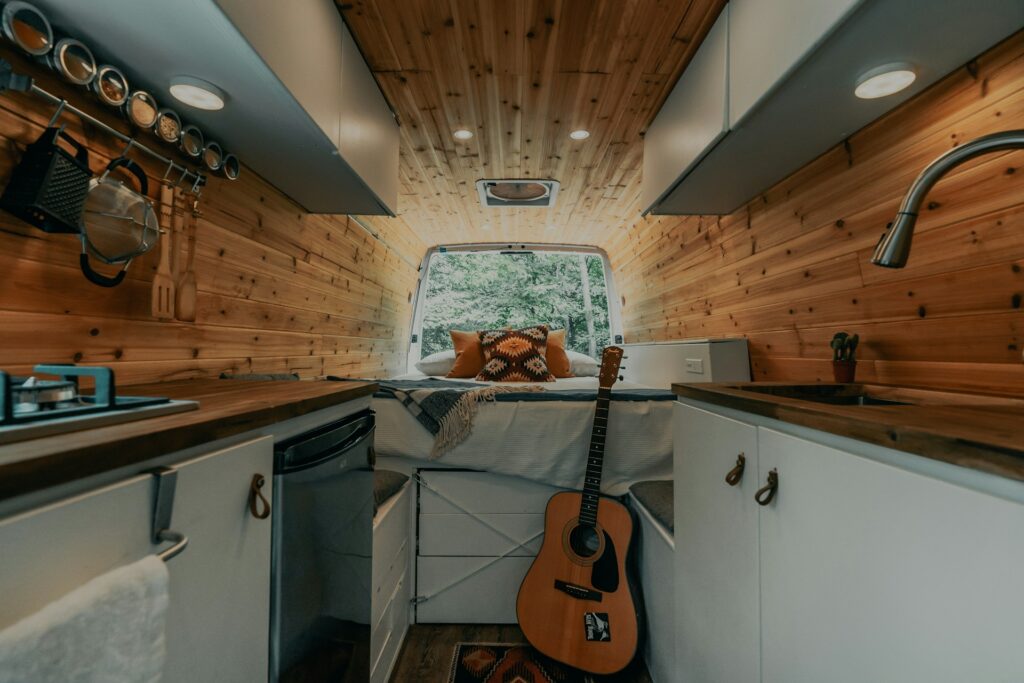
Transportation is another key practicality. Off-grid locations are often situated away from public transport routes, so having a reliable vehicle is important, and it may be worth considering an electric or hybrid model to align with sustainable living values. Regular travel to nearby towns for supplies, or in case of emergencies, should be factored into your planning.
Waste management is a further consideration. Without municipal services, you’ll need to establish a system for dealing with both household waste and sewage. Composting, recycling, and reducing waste through mindful consumption are all part of off-grid living.
Lastly (well, not lastly, there are so many more practicalities to consider), water access is also critical. While rainwater harvesting systems can provide for your water needs, they must be properly filtered and sometimes heated. For those not on a mains supply, boreholes or wells are an alternative, though they come with their own legal and environmental considerations.
Community Support
There’s a growing community of off-gridders in the UK, offering support, advice, and a shared pool of knowledge. This network is invaluable for anyone looking to make the transition. Here are a few places where such support can be found:
- The Low Impact Living Initiative (LILI)
- A non-profit organization that provides resources and runs courses on sustainable living.
- Website: lowimpact.org
- UK Permaculture Association
- Connects people in the UK interested in permaculture and sustainable living.
- Website: permaculture.org.uk
- The Off-Grid Living Group on Facebook
- A social media group for sharing experiences, tips, and support for living off-grid.
- A Facebook Group: Off-Grid Living
- The Green Parent Forum
- A family-oriented forum for discussions on off-grid living, natural parenting, and eco-friendly lifestyles.
- Website: thegreenparent.co.uk/forums
- Self-Sufficientish
- A website and forum offering advice on urban self-sufficiency and sustainable living.
- Website: selfsufficientish.com
- Smallholder UK Forum
- A forum for smallholders and those interested in a self-sufficient lifestyle, covering topics from animal husbandry to renewable energy.
- Website: smallholder.co.uk
- Transition Network
- An organization that supports community-led responses to climate change and shrinking supplies of cheap energy, building resilience and happiness.
- Website: transitionnetwork.org
- Eco Off-Grid Communities UK on Meetup
- A platform for finding and organising local meetups with others interested in off-grid living.
- Website: meetup.com
- Landbuddy
- An online tool by Off-Grid.net that helps people find others interested in starting or joining an off-grid community.
- Website: off-grid.net/landbuddy
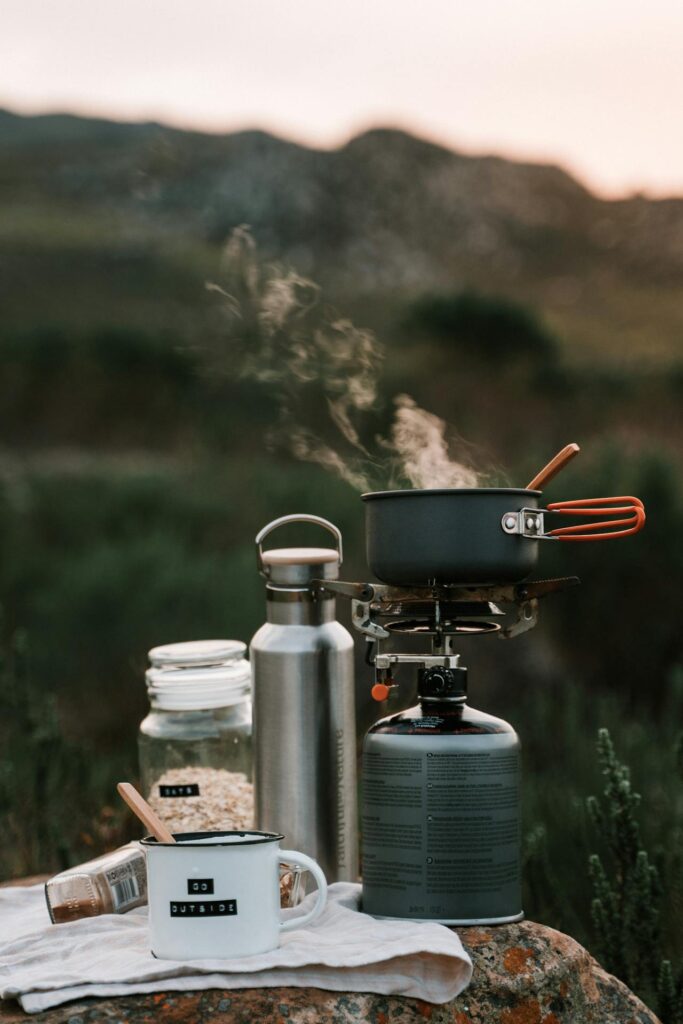
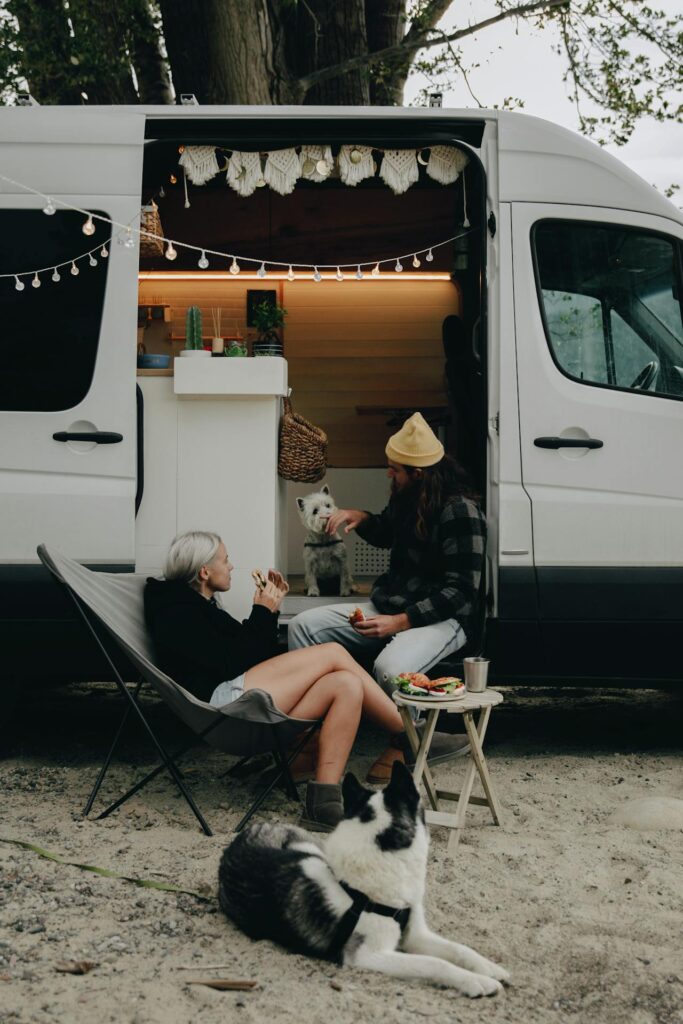
6 Places Where Brits Are Living Off-Grid
Lammas Ecovillage, Pembrokeshire, Wales
Lammas Ecovillage is a pioneering project that has become a beacon of sustainable living. Established in 2009 under the Welsh Government’s One Planet Development policy, Lammas consists of nine households living on 76 acres of land. Each household is built from natural and recycled materials and is designed to minimize its ecological footprint.
The community supports itself through a combination of traditional farming, green technology, and eco-tourism. They have communal facilities, including a community hub building, and offer courses and workshops to share their knowledge and experience with others.
The Isle of Eigg, Scotland
The Isle of Eigg is a remarkable example of community-led sustainable living. In 1997, the islanders bought out the private landowner and took control of their future. By 2008, they had established their own off-grid electric company, Eigg Electric, which harnesses wind, solar, and hydro power to provide electricity to the island’s residents.
The system is designed to be robust and self-sufficient, ensuring that the community is not reliant on mainland power sources. The islanders are also committed to conservation efforts, preserving the natural beauty and biodiversity of Eigg.
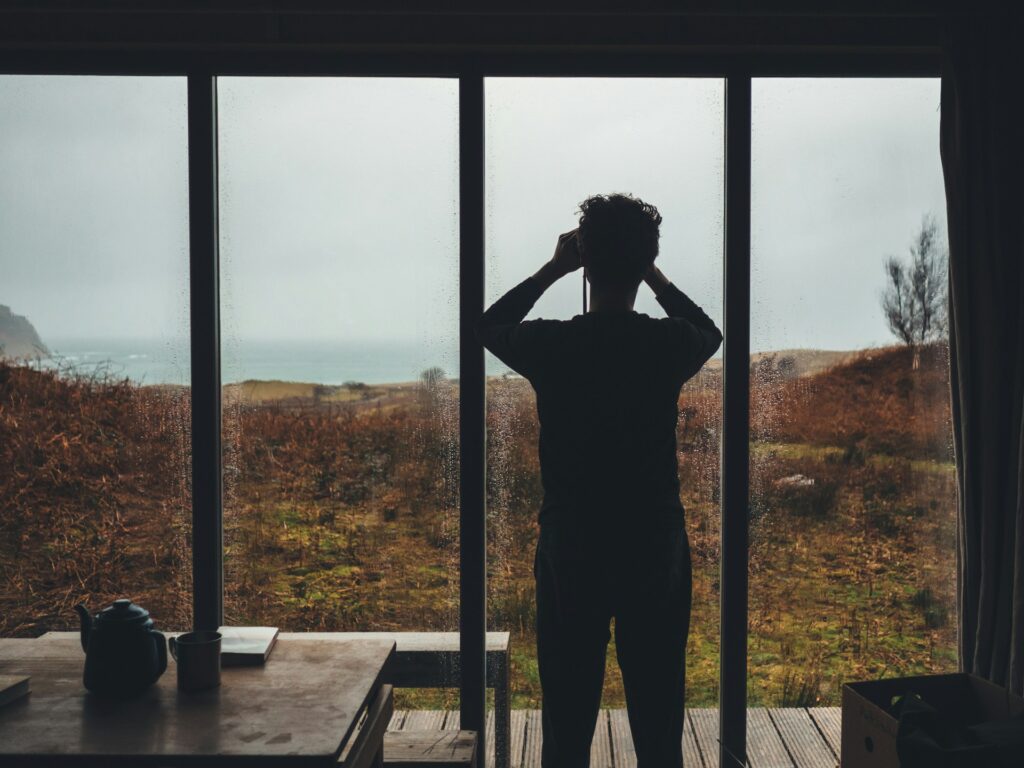
Tinkers Bubble, Somerset, England
Tinkers Bubble is a small woodland community that has been living off-grid since 1994. The residents use environmentally friendly methods to manage their 40-acre land, including horse-drawn ploughs and wood-fired steam engines. They grow their own organic fruit and vegetables, keep bees, and manage the woodland for timber and firewood.
The community is also financially self-sufficient, selling their surplus produce at local markets. Their commitment to a low-impact lifestyle extends to their homes, which are built from local, natural materials and are designed to blend into the landscape.
Simon Dale’s Hobbit Home, Wales
Simon Dale’s ‘Hobbit Home’ is a testament to individual ingenuity and the potential of natural building techniques. With no prior experience in construction, Dale built a charming and eco-friendly home for his family using a chainsaw, hammer, and chisel, and with the help of friends and volunteers.
The house is dug into a hillside for low visual impact and natural insulation, with a roof covered in turf. It features a compost toilet, a gravity-fed water system, and solar panels for power. This home has inspired many others to consider alternative, sustainable ways of building.
Read: 10 of the best treehouse stays in the UK for 2024
The Hockerton Housing Project, Nottinghamshire, England
The Hockerton Housing Project is a co-housing community that consists of five earth-sheltered homes built to rigorous energy efficiency standards. The residents live a sustainable lifestyle, generating their own clean energy, harvesting rainwater, and growing food in their communal polytunnel and gardens.
The houses are designed to be passive solar homes, minimising the need for additional heating or cooling. The community also runs educational tours and workshops to promote sustainable living practices.
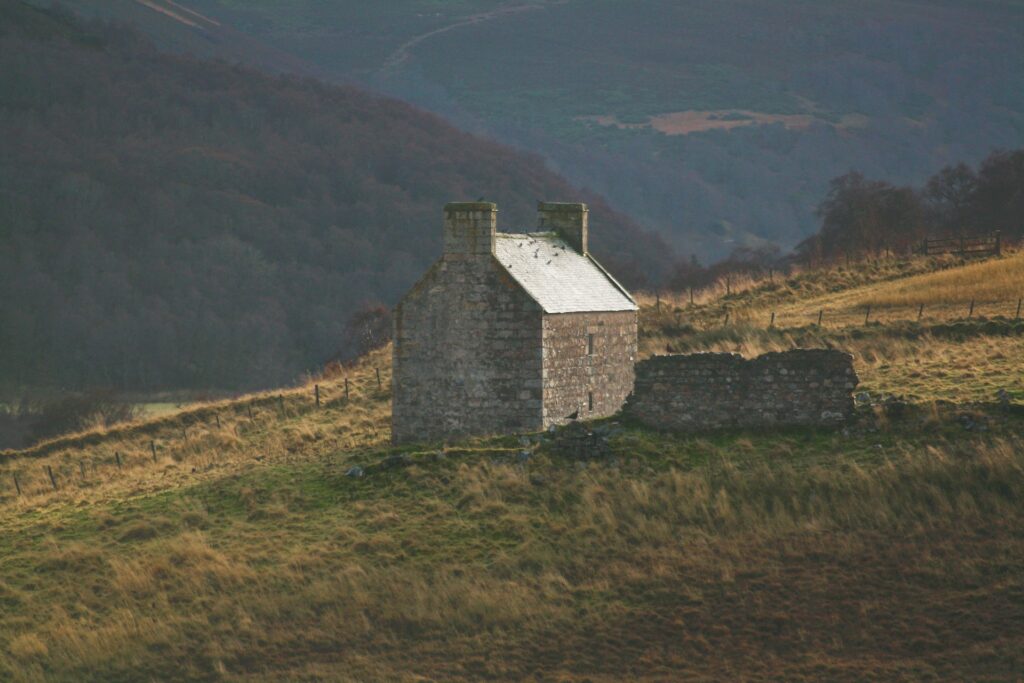
Scoraig, Scottish Highlands
Scoraig is an off-grid community accessible only by boat or foot, located on a remote peninsula in the Scottish Highlands. The residents here are a mix of long-term settlers and newcomers, all attracted by the prospect of a self-sufficient lifestyle. They generate their own power using homemade wind turbines and solar panels, and many grow their own food, keep livestock, and fish in the local waters.
The community is also home to a small school and a lighthouse, and they share resources and knowledge to maintain their off-grid way of life.
The Bottom Line
While off-grid living in the UK may not be for the faint-hearted, it is undoubtedly possible and increasingly viable. Sure, you might have to exercise a little poetic license in what ‘off grid’ actually means, and invest in a fair amount of gear to make it happen, but in doing so, you may well find a new meaning to life. Even if that meaning is how much you love having a Tesco Express just round the corner.


